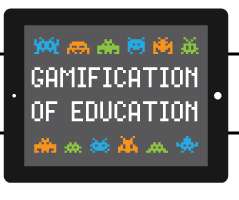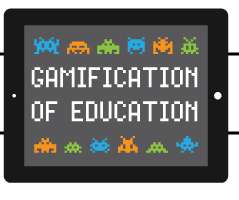Ed Tech Vocab: Keeping Up with Trends in Education
eSpark
APRIL 7, 2022
Blended learning combines traditional, in-person learning with digital learning, so that students can experience both forms. It is also often referred to as “hybrid learning” and can incorporate many different types of education technology. MOOC refers to a massive online open course, a type of distance learning.















Let's personalize your content